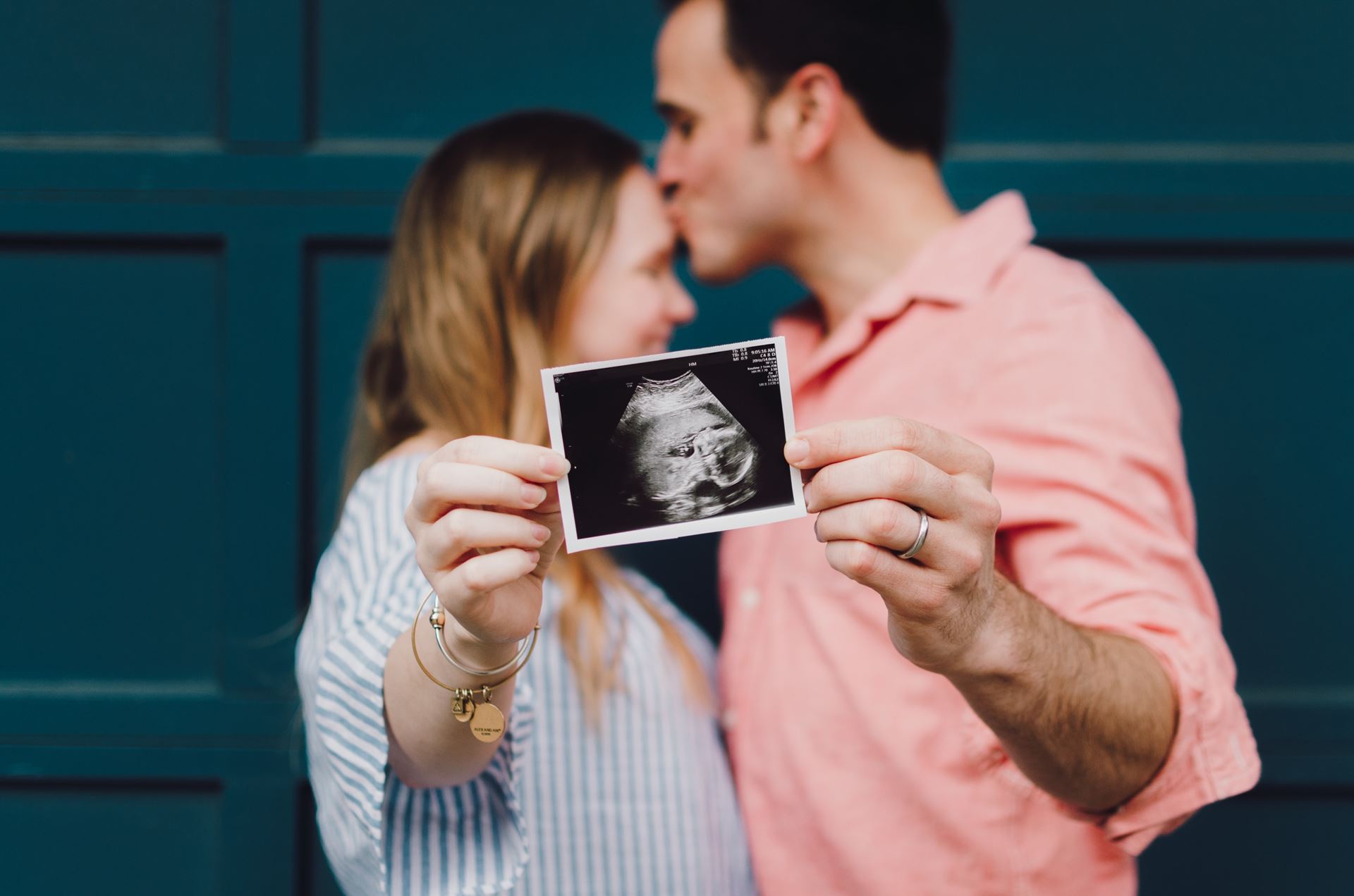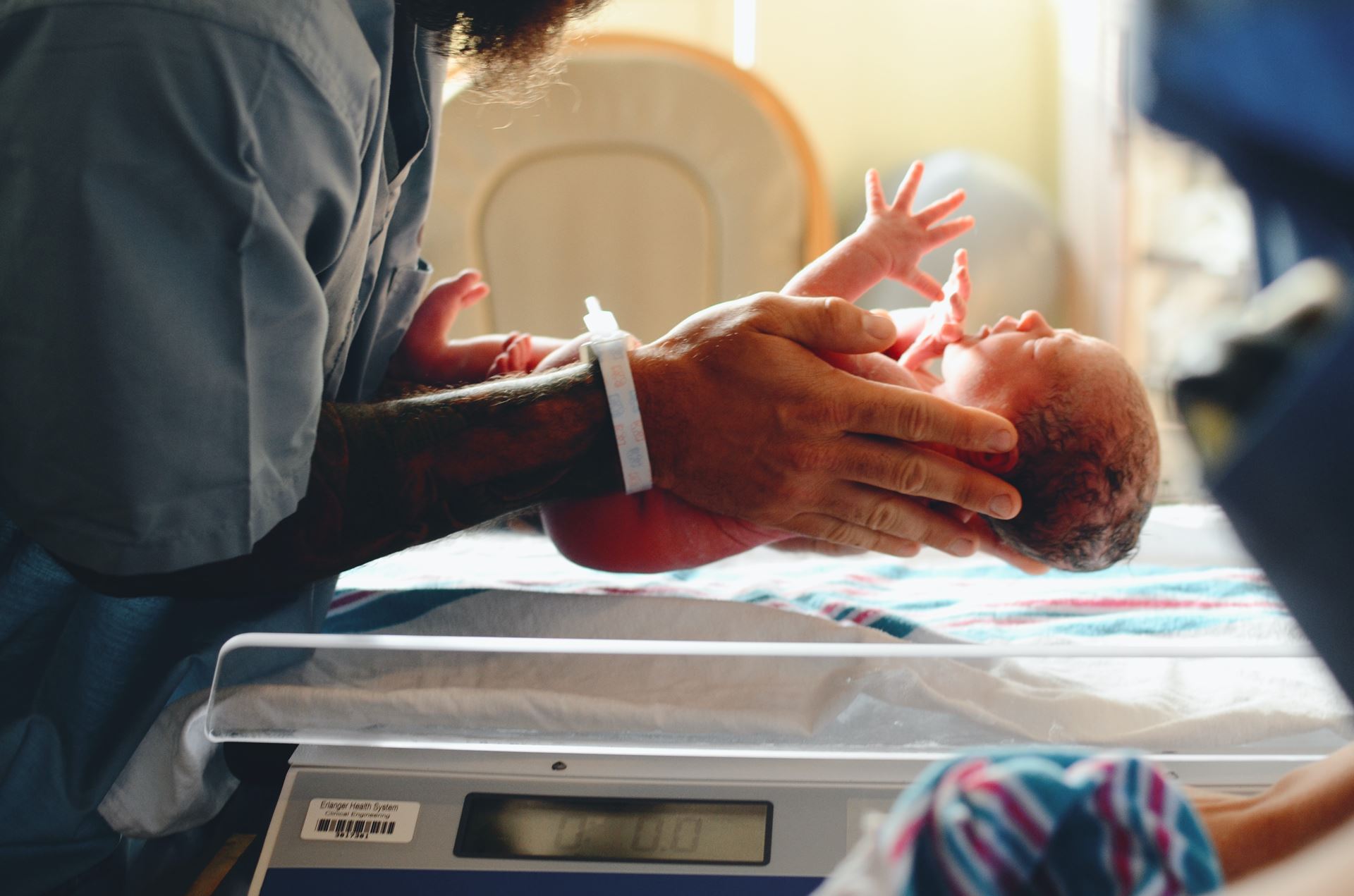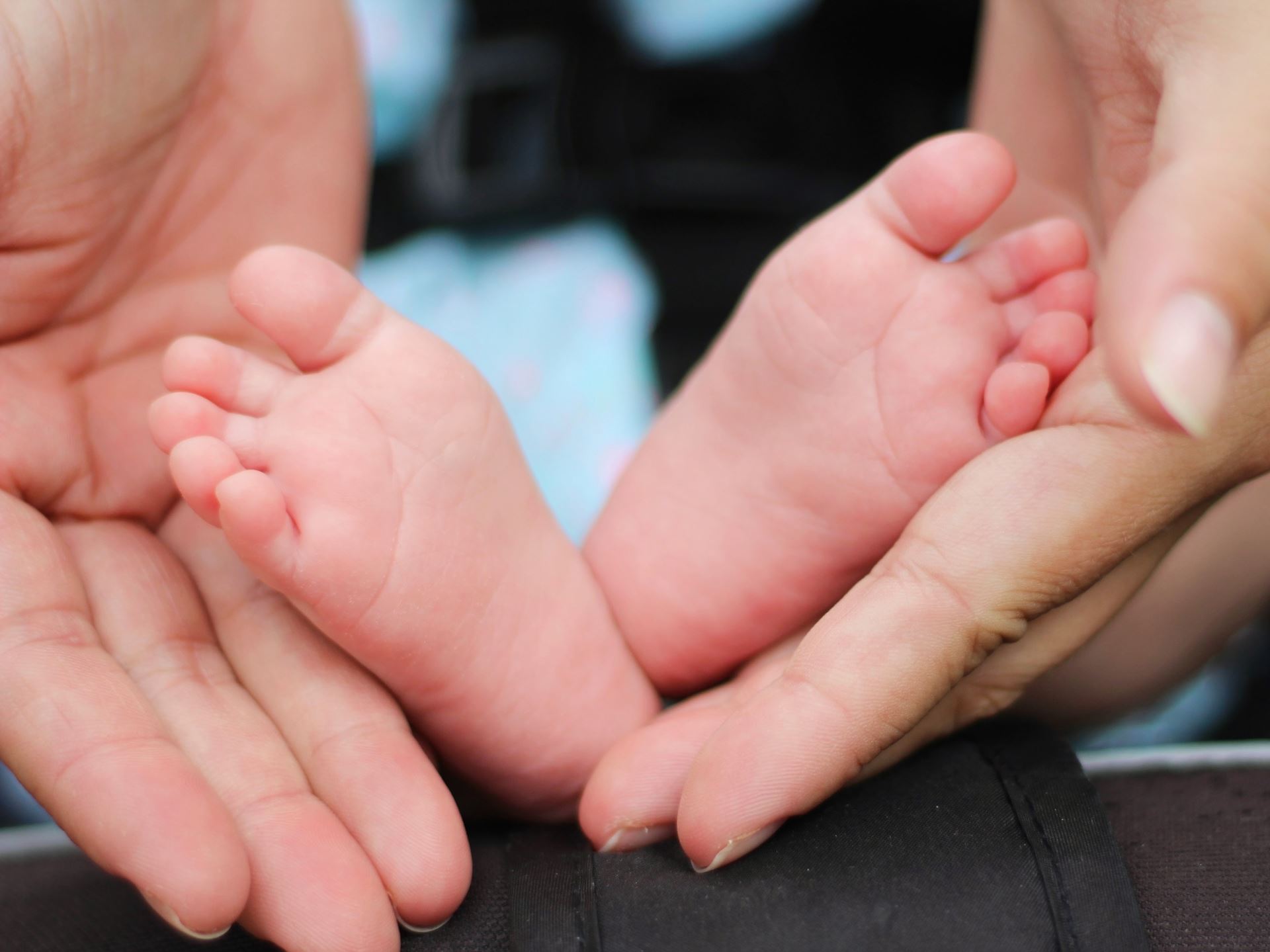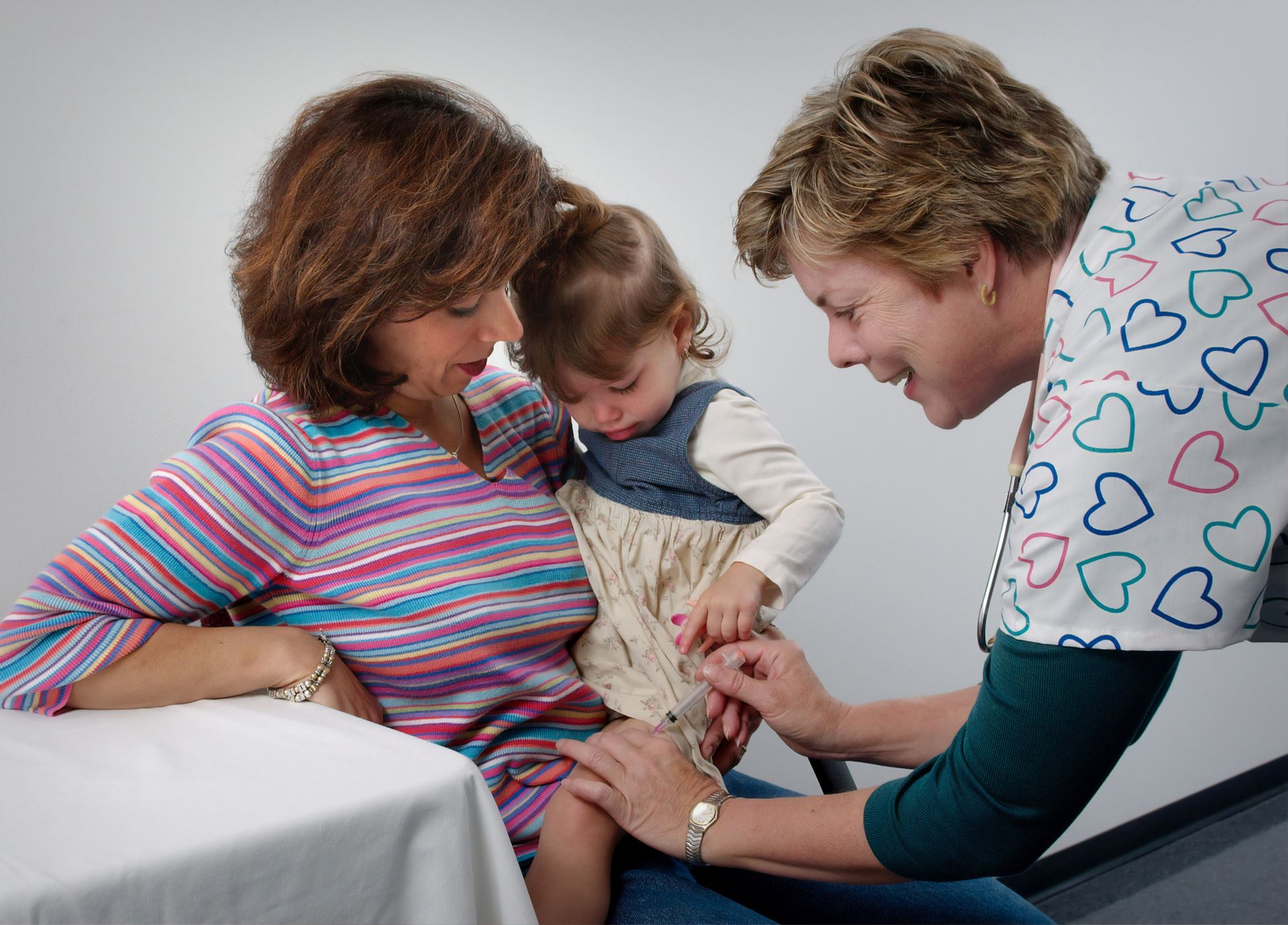Pregnancy & Babies

Planning your Pregnancy
If you are planning to have a baby you need to know more information about how to look after yourself and your unborn baby.
We can provide you with all the information you need to know to have a happy and healthy pregnancy.
External Links:
Planning to become pregnant - Patient.co.uk
Before you try to get pregnant - NHS
Everything you need to know about pregnancy - NHS
Pregnancy Care Planner - NHS
See how your baby will develop - NHS
Work out your due date - NHS Calculator tool

Antenatal Care
Full maternity services are offered by the midwives. The midwives offer maternity services at College Surgery and branch surgeries to all pregnant women. They see you when first pregnant to introduce themselves. They take a history and also discuss where you would like to have your baby. They then see you throughout your pregnancy and after the birth of your baby.
It is sometimes possible for them to be with you in labour and at the birth of your baby, depending on where you decide to have your baby. They also offer parent craft classes during your pregnancy.
Antenatal care is the care and help you receive from health professionals during the course of your pregnancy. It is important you take good care of your own health and that of your unborn baby during pregnancy.
As soon as you find out you are pregnant, you should get in touch with us to find out more information on the services and support that are available to you.
For more information, please visit the following websites.
External Sites:

Postnatal Care
Postnatal care extends for between 6-8 weeks after the birth of your baby. During this period, routine checks are carried out by the health visitor and you and your baby's recovery is monitored.
During your postnatal care you will find out about feeding, potty training, illnesses, safety and more. You will be able to ask your health visitor questions and request advice.
External Sites:
Your Pregnancy and Baby Guide - NHS
Information and support - NetMums

Childhood Immunisations
One of the most important things that a parent can do for their child is to make sure that they have all their routine childhood vaccinations. It's the most effective way of keeping them protected against infectious diseases.
Ideally, children should have their jabs at the right age to protect them as early as possible and minimise the risk of infection.
Find out which jabs your child needs, when they need them, and what the benefits of each jab are.
Please call the surgery to make an appointment.
For more information please visit the websites below:
External Websites:
Page created: 08 October 2021